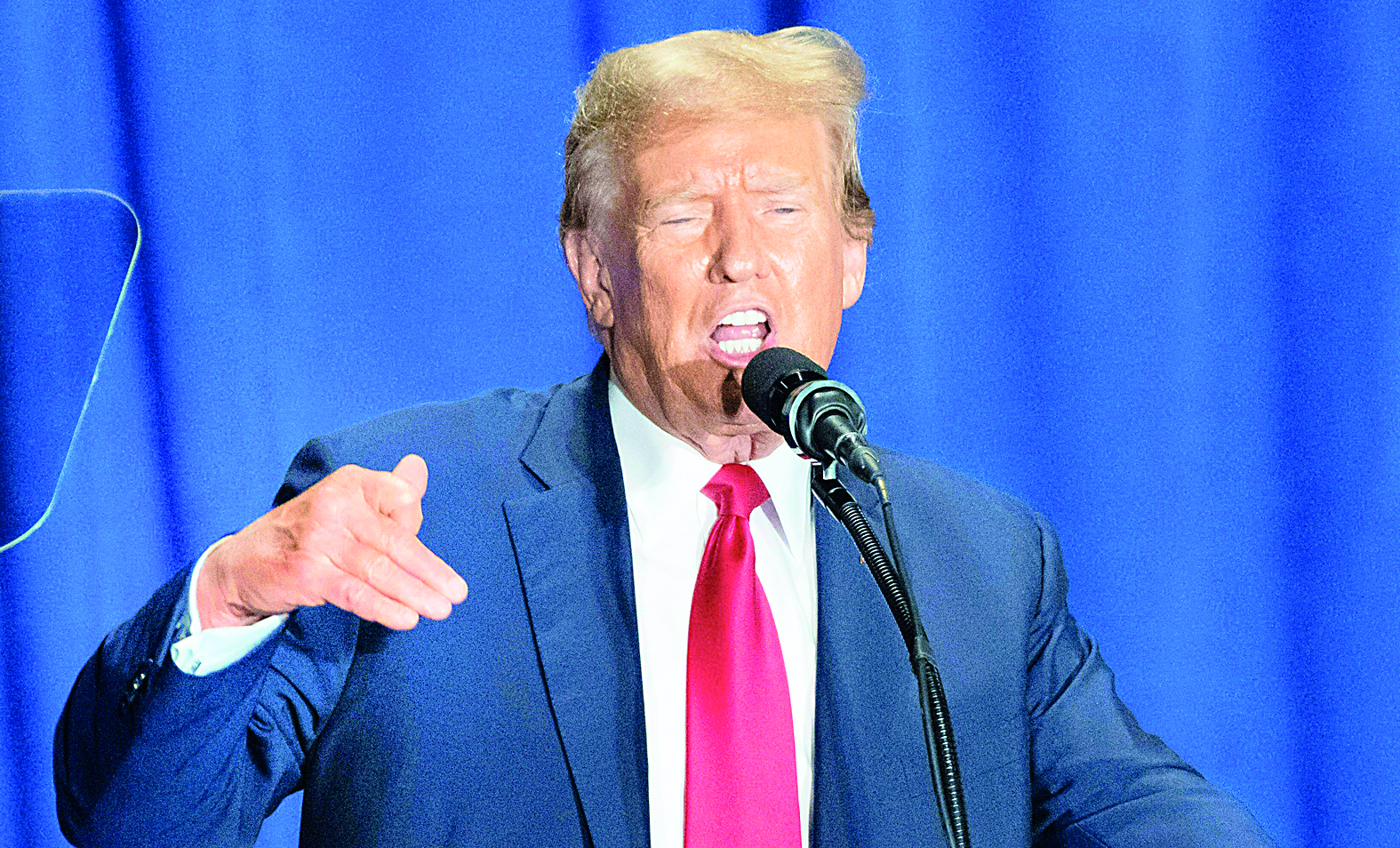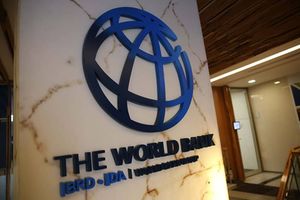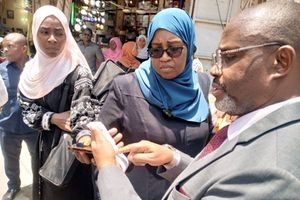DR Congo's Tshisekedi accuses Rwanda of backing rebels

DRC President Félix Tshisekedi
What you need to know:
- Tshisekedi's was speaking as he visited Kinshasa's western neighbour, Congo-Brazzaville, for talks with President Denis Sassou Nguesso.
Democratic Republic of the Congo President Felix Tshisekedi said Sunday there was "no doubt" that Rwanda was backing a rebellion on their territory, but insisted he was still seeking peaceful relations with Kigali.
His remarks were just the latest exchange against the background of the resurgence of the M23 rebels active in the east of the country, near the border with Rwanda.
"I have always maintained that you have to build bridges rather than walls," said Tshisekedi on state television, in his first public remarks on the growing crisis between the two countries.
"Unfortunately, today, we are where we are."
DR Congo's neighbours should not mistake its desire for peace with weakness, he added.
"That does not constitute an opportunity for neighbours to come and provoke us," he said.
"I hope that Rwanda has learned this lesson, because, today, it's clear, there is no doubt, Rwanda has supported the M23 to come and attack the DRC."
Tshisekedi's was speaking as he visited Kinshasa's western neighbour, Congo-Brazzaville, for talks with President Denis Sassou Nguesso.
Kinshasa has accused Rwanda of backing the M23 rebels, who have been involved in a series of clashes with the army since the end of May, allegations Kigali has denied.
Kinshasa has suspended flights of Rwandan airline RwandAir between the two countries and summoned Rwanda's ambassador to warn him of the country's position.
Relations between the DRC and Rwanda have been strained since Rwandan Hutus accused of slaughtering Tutsis during the 1994 Rwanda genocide arrived in eastern DRC en masse.
The relationship began to thaw after Congolese President Felix Tshisekedi took office in 2019 but the recent resurgence of M23 violence has reignited regional tensions.
The African Union and UN have both called for calm.
M23 fighters captured Goma in 2012 before the army drove them from the city and crushed their rebellion.
However, the militia took up arms again in late 2021 after accusing the government of having failed to respect a 2009 agreement that foresaw incorporating its fighters into the army.




